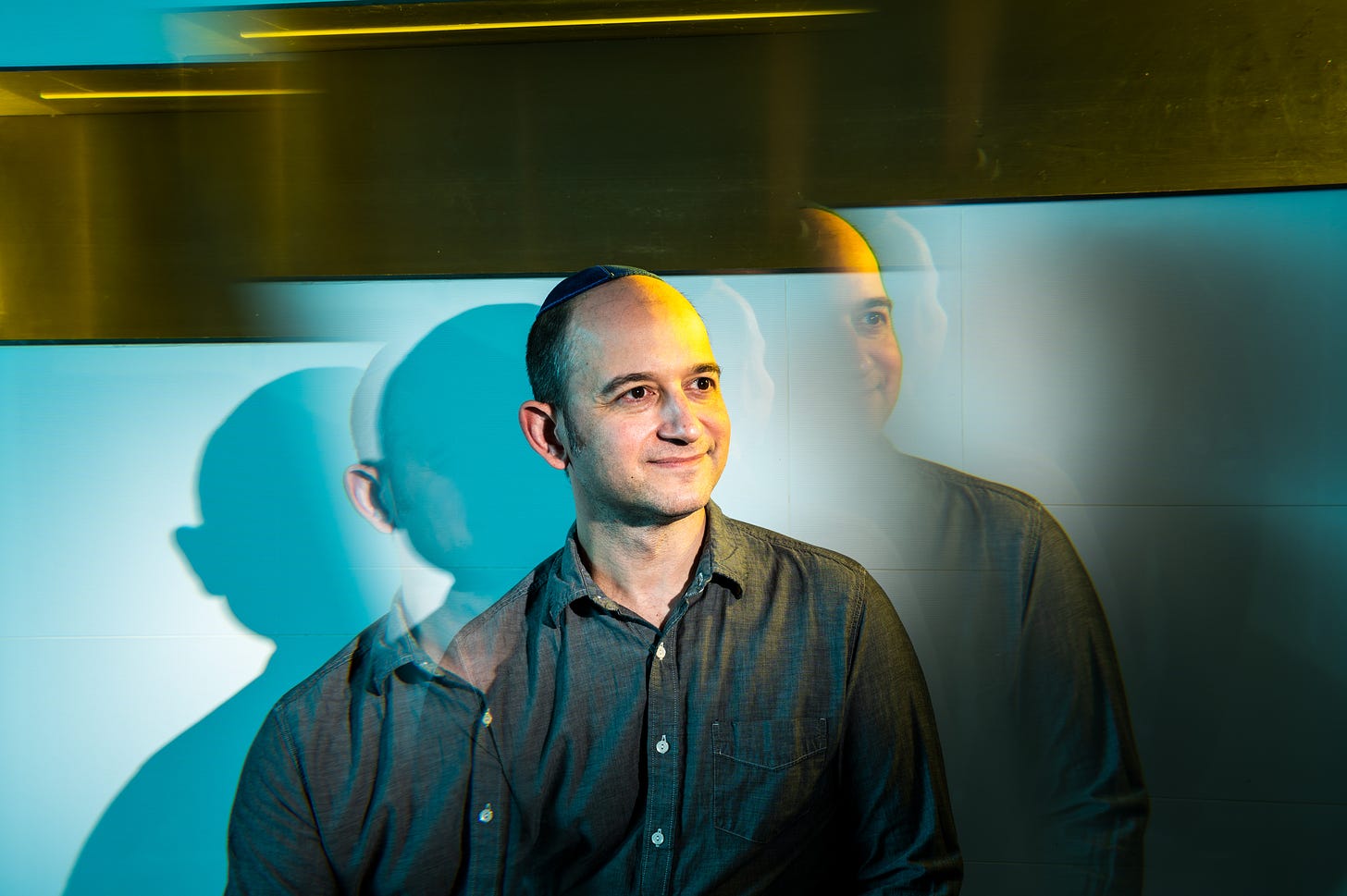Consumer Investing Struggled Even in the Boom Times. 2023 Was Worse. Can AI Save It?
Investors are hoping 2024 will be a better year for consumer tech
Hello! I’m Madeline. I just joined Newcomer from Business Insider — we wrote about it here. I’ve spent the last couple of years writing about the ever-fascinating world of early stage venture capital and startups, and I’m excited to be doing more of that here, for you. You can email me your story ideas and tips here.
Alright, back to the news.
For startups looking to lure consumer audiences with fun products, tools, or social media experiences, it’s been rough out there.
Consumer startups have struggled to raise funds since the venture downturn began in 2022, and 2023 was a debacle.
As of November, VCs had only invested $130 million in direct-to-consumer companies for the year, down a startling 97% since the 2021 peak of $5 billion, with other consumer-facing sectors faring only a little better. With the implosion of SmileDirectClub and languishing stocks for public companies like Warby Parker and Allbirds, direct-to-consumer companies have been especially hard hit.
Many other consumer categories have also struggled. Investing in startups focused on e-commerce went down 60% year over year, according to the latest annual report from Crunchbase, and fell 64% over the same time period for media and entertainment companies. And social media, the category that generated some of the largest historic venture capital home-runs, has largely been dominated by the Chinese tech juggernaut ByteDance.
We went through periods where we hoped that BeReal or Clubhouse might become the next Facebook but neither company has delivered on the hype.
Now, many investors are hoping that some AI fairy dust will help consumer startups fly again.
Optimists point to AI-powered social content apps: Can of Soup, a social generative AI startup and Y Combinator alum that lets people generate photos of themselves and their friends in fantastic, imaginary situations, landed unannounced early-stage funding from Sequoia last year, according to three people with knowledge of the deal. Sequoia partner Jess Lee led the deal, a source said.
YC’s Garry Tan recently predicted in Newcomer that consumer would power the resurgence of AI. “Consumer AI is back,” Tan said. “There are going to be so many consumer scenarios that weren’t sticky or high retention that become high retention with a smart LLM agent.”
A spokesperson for Sequoia declined to comment. Can of Soup’s founders did not return our email.

And Character.AI, a chatbot startup where users can have a dialog with fictional characters, celebrities, or historical icons, is in talks to raise hundreds of millions from Google structured in convertible notes alongside more equity funding from VCs, Reuters reported in November. The startup has raised nearly $200 million total and is backed by a16z, among other investors.
“We’re really optimistic about consumer,” said Natalie Borowski, an investor at Coefficient Capital. “Consumer spending is up, retail is still really strong, employment has been stable, and inflation has decelerated.”
Still, the hype around these new AI-enabled consumer companies may be overblown: one early stage investor noted that the explosion of nearly identical “copy-cat” apps for AI tools, like individual chatbots built on top of OpenAI’s models, has made the space far too noisy (a quick search for “AI chatbot” in the Apple App Store returns multiple apps with nearly identical logos, not to mention all the AI dating simulators.) “There are reasons why we haven’t invested,” the investor noted.
A more promising niche for the short term could be AI-powered “prosumer tools,” or software that helps both hobbyists and workers such as graphic designers create professional assets without hiring a large team.
“The contractor or consultant that works with a lot of external clients, the Etsy seller, the entrepreneurs who have their small business—they’re just seeing such benefits from being early adopters of these generative AI products,” said Benchmark’s Sarah Tavel in a call last week. “It’s probably one of the most exciting sectors in the market.”
One such startup, Leonardo.AI, uses generative AI to help designers quickly render anything from game backgrounds and character mockups to brand product images. The Australian company announced $31 million in total funding this past December. Another startup VCs mentioned was the German AI-powered graphic design tool Kittl, which has raised $11.6 million in Series A funding so far. And the existing prosumer design decacorn Canva has added loads of generative AI tools in the past 12 months, Techcrunch reported.
Still, the generative AI hype couldn’t save Canva from taking a big valuation hit last year, down from $40 billion in 2021 to just $26 billion now, according to the pricing for its latest secondary shares sale.




